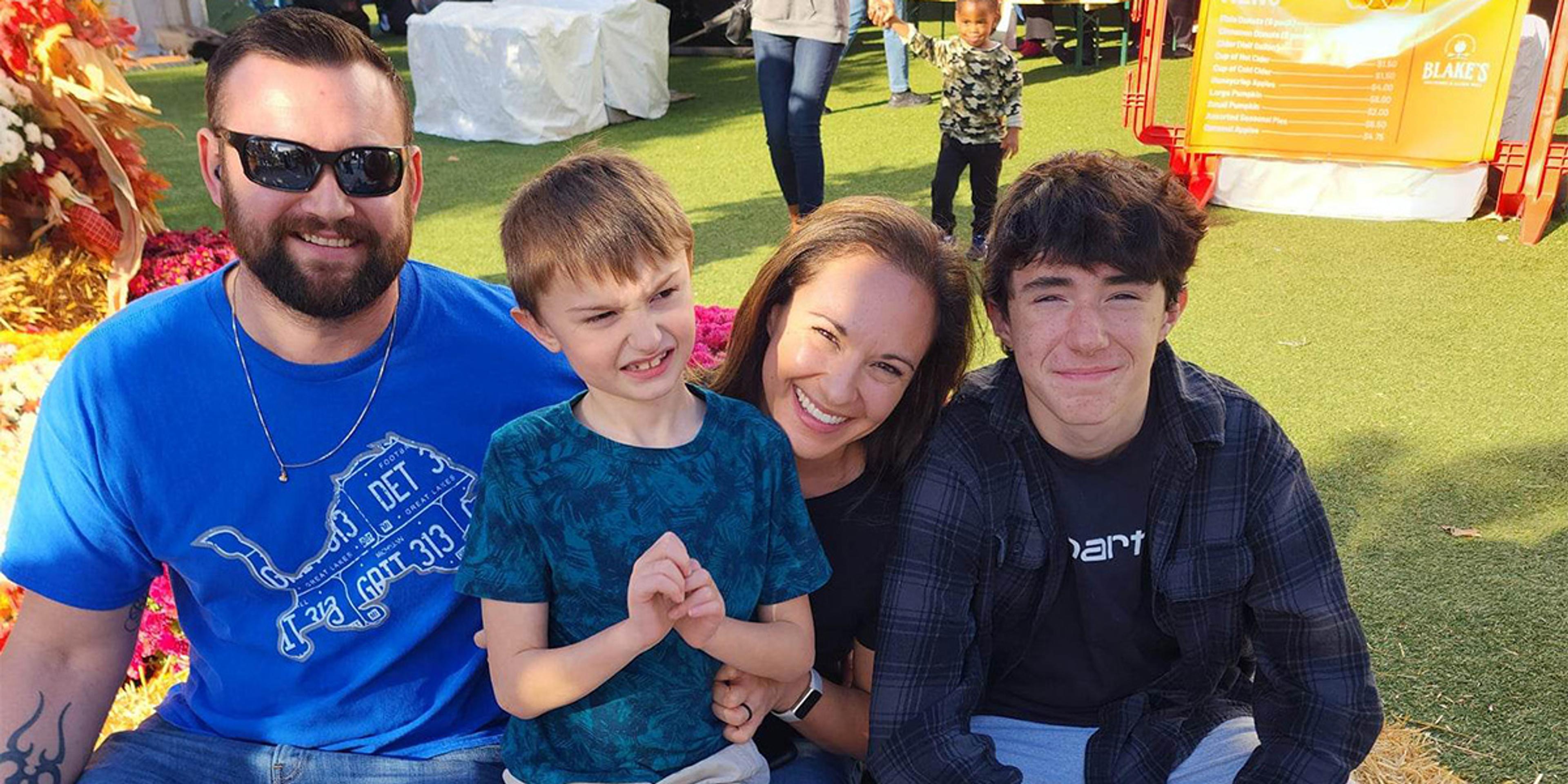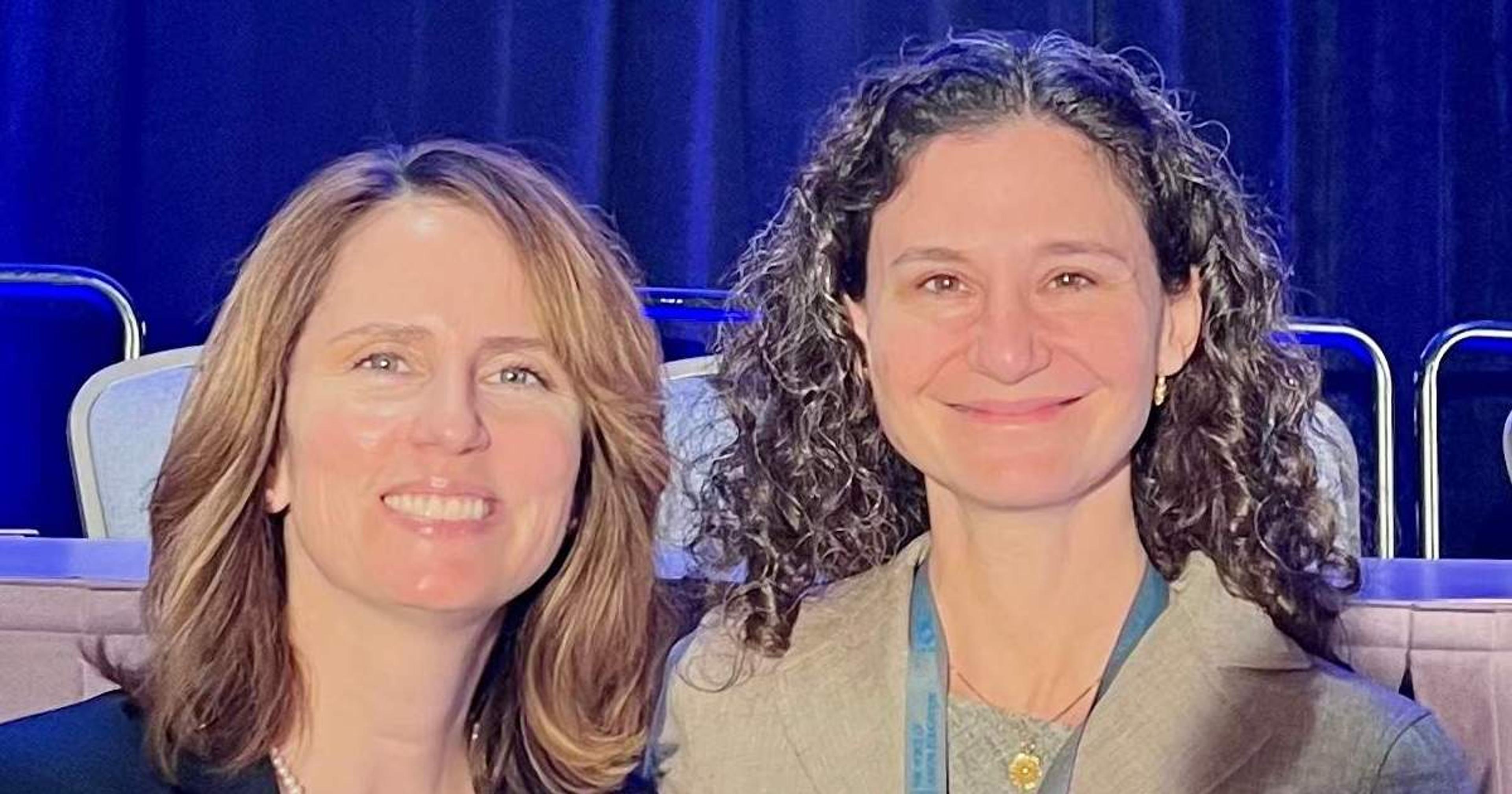Let’s Talk Health, Muskegon: Panel Tackles Opioid Epidemic, Community Health
Julie Bitely
| 3 min read

Muskegon County is a vibrant place to live and play, as evidenced by its eye-catching Watch Muskegon campaign currently gracing regional billboards. Community leaders want the health of county residents to be just as robust and say an all-hands-on-deck approach is needed to improve. Out of 83 counties in Michigan, Muskegon County ranks 68 for its health outcomes. When it comes to unhealthy behaviors such as smoking, physical inactivity, teen births, and sexually-transmitted infections, the county ranks near the bottom at 79. One bright spot is clinical care in the region, which ranked near the top at six. Muskegon County Public Health Director Kathy Moore said this means good health care facilities exist, but residents aren’t being linked to services that would allow them to engage in healthier behaviors. “It is really the health behaviors that are pulling the whole ranking of Muskegon County down,” Moore said. Blue Cross Blue Shield of Michigan recently hosted an invitation-only “Let’s Talk Health” luncheon in Muskegon, drawing together public health representatives, community health workers, elected officials, faith leaders, and other interested parties to start a dialogue around health in the county. A nine-member panel shared their insights on the opioid epidemic and specific measures and initiatives taking place in Muskegon County to combat it. Panelists included:
- Steve Alsum, executive director, Red Project
- Pamela Beane, MSW, director of access and correctional services, HealthWest
- Scott Brown, BSM, certified recovery coach trainer, Recovery Resources of West Michigan
- Louis Churchwell, clinical supervisor and family counselor, Muskegon County Family Court
- Huda Fadel, MPH, Ph.D., consulting manager, Social Mission Department, Blue Cross Blue Shield of Michigan
- Andy Fias, section commander, West Michigan Enforcement Team, Michigan State Police
- Nate Johnson, re-entry director, 70 x 7
- Rica Paulsen, RN, complex care manager, Trinity Health
- Stephanie Vanderkooi, MPH, CPS-M, interim substance abuse prevention and treatment director, Lakeshore Regional Entity
Opioid overdose deaths now outpace both traffic accidents and firearm incidents in the county. Opiate prescriptions filled for Muskegon County residents have increased by 42.3 percent since 2009. Of those receiving treatment in the county, 43.3 percent said they began using opiates between 18 and 25 years of age. Paulsen said health care professionals are tired of delivering the terrible news that a family member has died due to overdose. “It’s killing our young kids. We are breaking up families,” she said. Public Health Director Moore said collaborative partnerships will be key in fighting the opioid epidemic in the county, as well as improving other health markers. She hopes to empower community leaders working on the front lines to effect change within their spheres of influence. “We really want to be a catalyst for change in Muskegon County and communities across the state and that’s why initiatives like “Let’s Talk Health” are so important,” said Cle Jackson, senior community responsibility liaison, BCBSM. “By bringing people together for important conversations, we can harness the collective brainpower needed to develop effective solutions.” If you enjoyed this post, you might also like:
- Five Steps to Avoid Prescription Medication Abuse in Teens
- Beyond the Card: Coming Together to End Michigan's Opioid Epidemic
- How to Help Your Loved One with an Opioid Addiction
Photo credit: Kari





